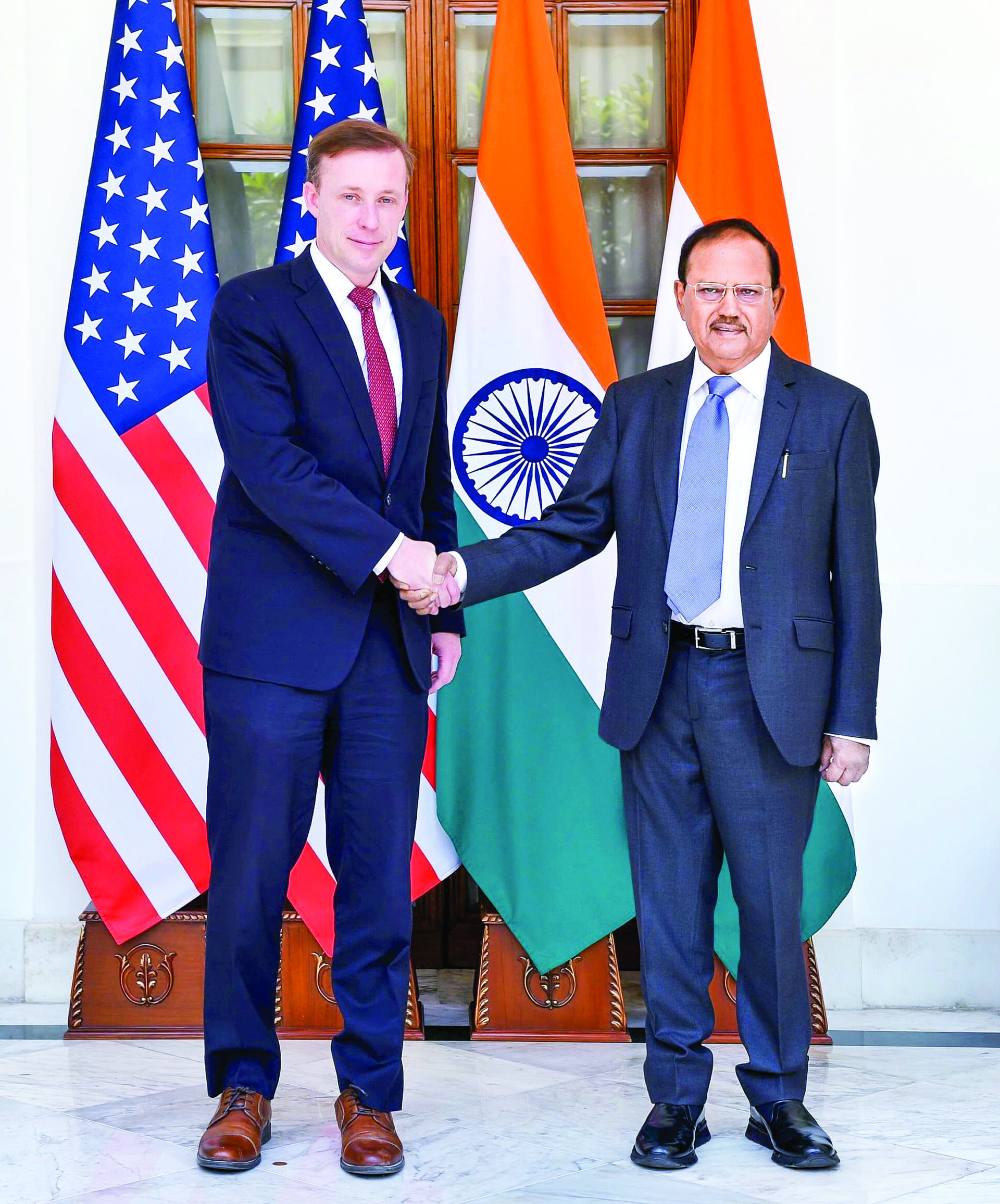NEW DELHI: A joint fact-sheet released by the White House on 17 June on the meeting between Sullivan and Doval has no mention of Pannun.
The recent visit by United States National Security Advisor, Jake Sullivan to India and the developments that took place after the visit indicate that the bilateral irritant that may have crept in between the two countries over allegations of the assassination bid on Khalistani terrorist Gurpatwant Singh Pannun is now a thing of the past.
In June last year, the Department of Justice (DoJ) had filed an indictment in a New York court, accusing an Indian national, Nikhil Gupta of acting on the plot hatched by an alleged Indian security official to assassinate Pannun, a citizen of the US. Earlier in June this year, Gupta, who was arrested in Prague last year, was extradited to New York to face the charges filed by the DoJ. Later, media reports emerging from Washington had claimed that Delhi had blamed “rogue officer” Vikram Yadav for this entire plot.
The visit of Sullivan had taken place after Gupta’s extradition. Sullivan met his counterpart Ajit Doval and Prime Minister Narendra Modi.
On Wednesday, in a special media briefing on Sullivan’s visit to India, Deputy Secretary of State Department, Kurt Campbell, while responding to a query on the said issues, said “Indian colleagues are looking carefully at what potential institutional reforms might be necessary in the wake of some of these allegations.”
Campbell’s use of the word “allegations” and his mention of India’s efforts to address US concerns suggest that Washington may be ready to move past this matter. His statement indicates that the US appears satisfied with the steps Delhi is taking to address Washington’s concerns about the alleged plot.
A joint fact-sheet released by the White House on 17 June on the meeting between Sullivan and Doval has no mention of this alleged assassination attempt even as the document spoke about how the United States and India have made significant strides toward deepening and expanding strategic cooperation across key technology sectors.
Pannun, who also holds the citizenship of Canada, is a proscribed terrorist in India and it is strongly believed by Delhi officials that he has close links with sections within the US intelligence agencies who use him to highlight non-existent fissures related to Khalistan in India as part of US intelligence agencies’ long-practised policy of fishing in troubled waters.
It is pertinent to mention that Nikhil Gupta, during his first appearance in court, took the plea of “not guilty”. In an interview with The Sunday Guardian last week (“U.S. has framed an innocent man”), sources close to his family said that he had been framed in the case by US agencies.
As per the DoJ, Gupta was entrapped by two undercover individuals who were working for US agencies while pretending to be gun for hire. Entrapment is a unique feature of American law, recognized nowhere else in the world and is entirely a function of undercover operations. In this, the target is pulled towards committing a series of illegal acts by individuals who present themselves as a possible accessory or a “victim” to the crime that is about to take place.
The defence against entrapment that an accused can take is that he had no “predisposition” to commit the said crime of which he has been accused of but was induced by the undercover government agents to take steps towards committing the crime.

